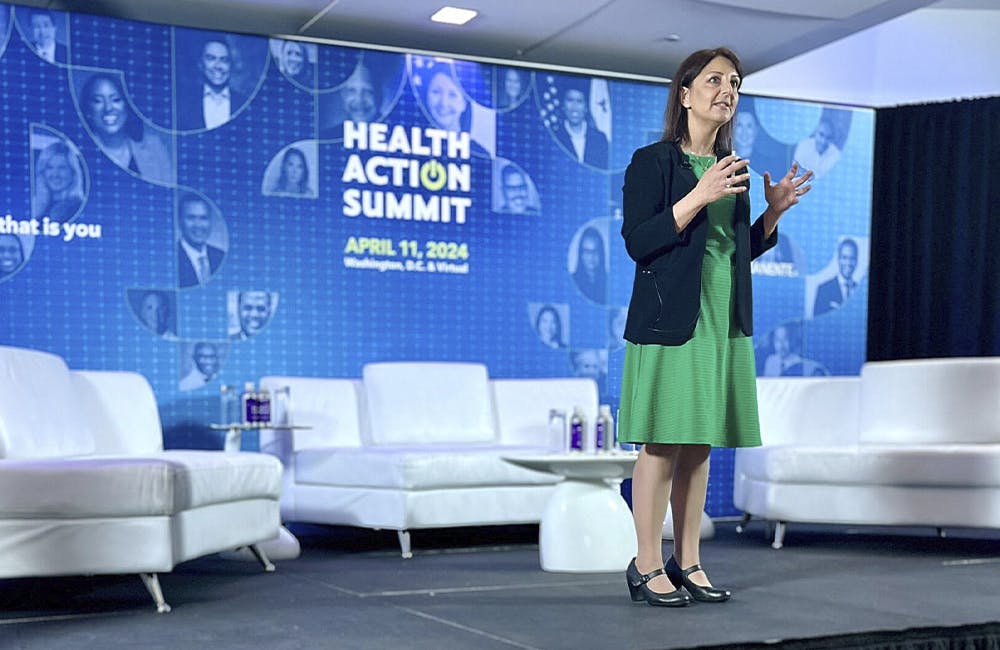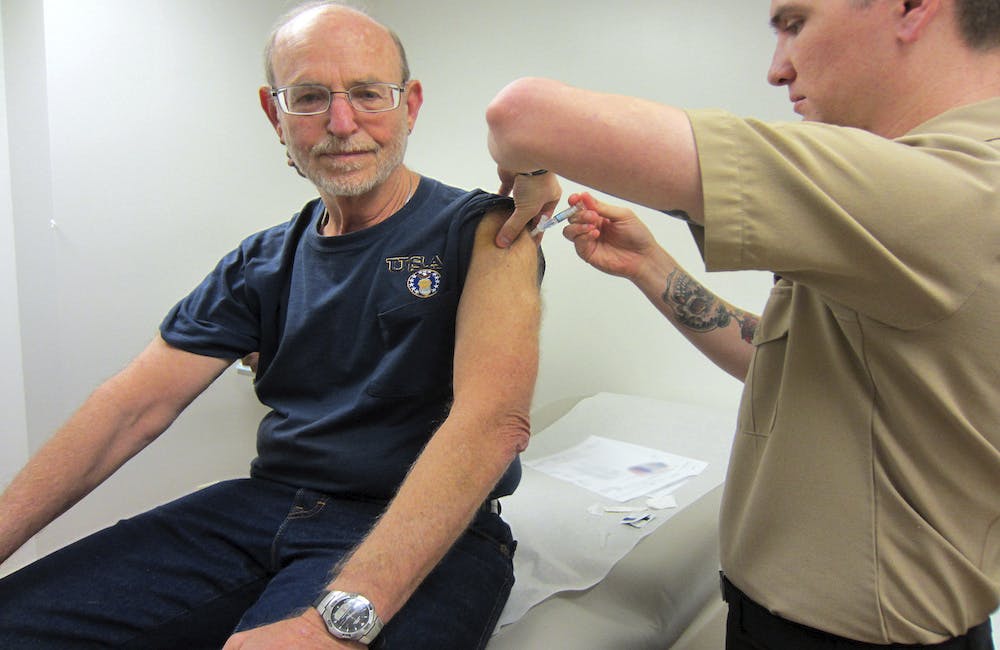HHS, CMS, DHA Initiatives Prioritize Patient Accessibility
The health agencies celebrated their progress at the annual FedHealthIT Innovation Awards and eyed future advancements in patient accessibility, IT efficiency and research.

Healthcare agencies transformed their operations in response to the COVID-19 pandemic to be more user-friendly and accessible, and they’re not slowing down. Tuesday’s 8th 2022 FedHealthIT Innovation Awards celebrated agencies’ successes while IT leadership laid out their goals for building on modernization momentum.
The Defense Health Agency (DHA) received awards for its Site Assessment Vulnerability Remediation, its MHS Video Connect program, its Issue Resolution Process, the Pharmacy Operations Support Contract, and the Revenue Cycle Optimization and Implementation Project.
DHA CIO Thomas “Pat” Flanders said since assuming administrative and management responsibilities of Army, Navy, and Air Force military hospitals and clinics on Oct. 1, 2019, DHA has been able to bring patient wireless access, queuing systems, and video visit capabilities to every facility.
Flanders also highlighted DHA’s progress in its EHR deployment and integration, which he said is 65% fielded.
“My background is in large enterprise resource planning systems,” Flanders said. “I’ve lived the eight- to 10-year dream of fielding something really big, and the learning curve and training. What I see with the EHRs, to me, it’s normal. And so I’m real proud of where we are.”
The Centers for Medicare and Medicaid Services (CMS) received awards for work on its Quality Data Analytic Services, its Waiver/Flexibility Request and Public Health Emergency Inquiry Helpdesk Tool, and the Risk Adjustment Suite of Systems.
Retired Col. Bobby Saxon, CMS Deputy Director for the Office of Information Technology, is strategizing modernization initiatives for CMS’ eight mainframes. Saxon said transitional support for old IT systems while building new ones can lead to better outcomes and save money in the long run.
“We need money to be able to keep doing the exact same thing we’re doing and build the new thing because transitioning mainframes to the cloud takes a long time and there’s a lot of risk,” he said at the FedHealthIT Awards reception. “When I moved healthcare.gov to the cloud three or four years ago, I had to go and beg for money to be able to do two things simultaneously. But the money that I got I saved in the first year because we were able to redo everything and start doing business better and create more efficiency.”
The Department of Health and Human Services (HHS) received awards for the HHS CARES program and the HHS Supply Chain Control Tower.
HHS Associate Deputy Assistant Secretary for Acquisition Katrina Brisbon said COVID-19 prompted the department to improve its acquisition process. Now the department utilizes more down selects, design challenge demos and oral presentations to speed up the awards process. It’s also bringing together acquisition leaders from across the department to operate as a unit, creating better opportunities for information exchange and enterprise solutions.
Currently, HHS is pushing the acquisition process for the department’s new Advanced Research Projects Agency for Health (ARPA-H), which is designed to promote biomedical and health research.
“That’s moving at the speed of light right now,” Brisbon said.
This is a carousel with manually rotating slides. Use Next and Previous buttons to navigate or jump to a slide with the slide dots
-

CDC Updates Public Health Data Strategy
Accelerating data sharing through capabilities like electronic case reporting make up a large portion of the new two-year plan.
3m read -

HHS Makes One-Stop Cybersecurity Shop in ASPR
The agency is working on standards and cyber incident response capabilities to help health care organizations combat ransomware threats.
4m read -

Women Technologists Highlight Workforce Impacts in FDA IT Plan
Tech leaders tackle amplifying women in the workforce as the agency works toward its two-year IT modernization plan.
3m read -

VA Kicks Off EHR Program at Joint Facility with DOD
The agency's Dr. Neil Evans briefed how the Oracle-Cerner program rollout in North Chicago is informing next steps in EHR modernization.
4m read







